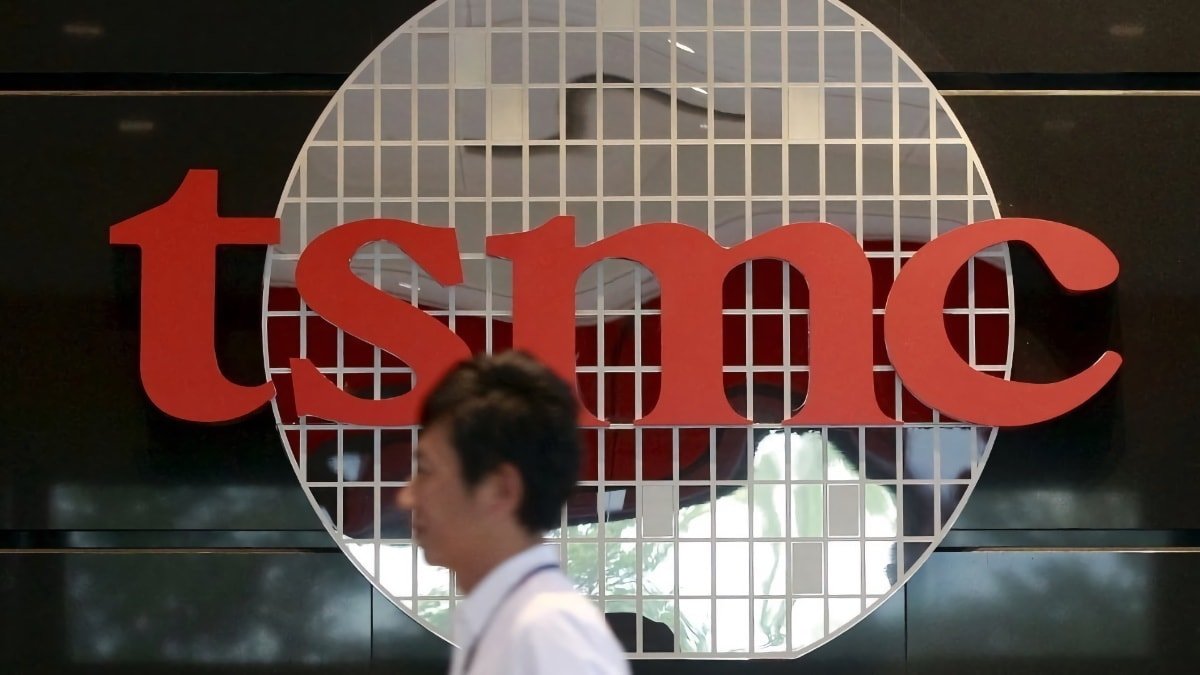Apple chip partner TSMC faces significant barriers that impede the Arizona chip fabrication facility’s progress, and the culture clash between American and Taiwanese employees doesn’t seem to be getting batter.
As the world’s leading semiconductor manufacturer, TSMC’s decision to expand into the US was met with widespread approval. Its strategic move is intended to secure supply chains and bring critical manufacturing capabilities closer to key markets.
However, the project is now navigating through rising costs and unforeseen logistical issues that could impact timelines and budgets, according to Rest of World.
TSMC’s Phoenix facility, a pivotal component of US efforts to revitalize domestic semiconductor production, was initially projected to cost $12 billion. However, the project’s expenses are surging due to global supply chain disruptions and inflationary pressures, underscoring its critical role in the industry.
The construction phase of TSMC’s Phoenix facility has encountered a myriad of obstacles. These include difficulties in procuring raw materials and managing an international workforce. Notably, American engineers have struggled with the company’s rigid hierarchies, while Taiwanese veterans have observed a lack of commitment among their American counterparts, highlighting the complexity of the project.
TSMC insiders said the company’s success hinges on a stringent, military-like work culture. Engineers endure 12-hour workdays and often work weekends as well.
The local sourcing of materials has been less than ideal, with many components still needing to be imported from Asia, which adds to costs and logistical complications. Moreover, the project has faced delays in machinery delivery essential for chip manufacturing, which could push back the operational start date.
Effectively addressing the challenges faced by TSMC’s Phoenix facility is not only crucial for the company to meet its projected timelines, but also for the US to establish a more resilient semiconductor supply chain. Failing to do so could lead to significant delays and potential disruptions in the industry.
In the meantime, TSMC is preparing a next-generation 1.8nm chip process. The iPhone is expected to adopt 2nm technology by 2026 with the launch of the iPhone 18 series.
Although TSMC’s 1.6nm technology is anticipated to debut in the same year, it won’t be used in products until 2027.





